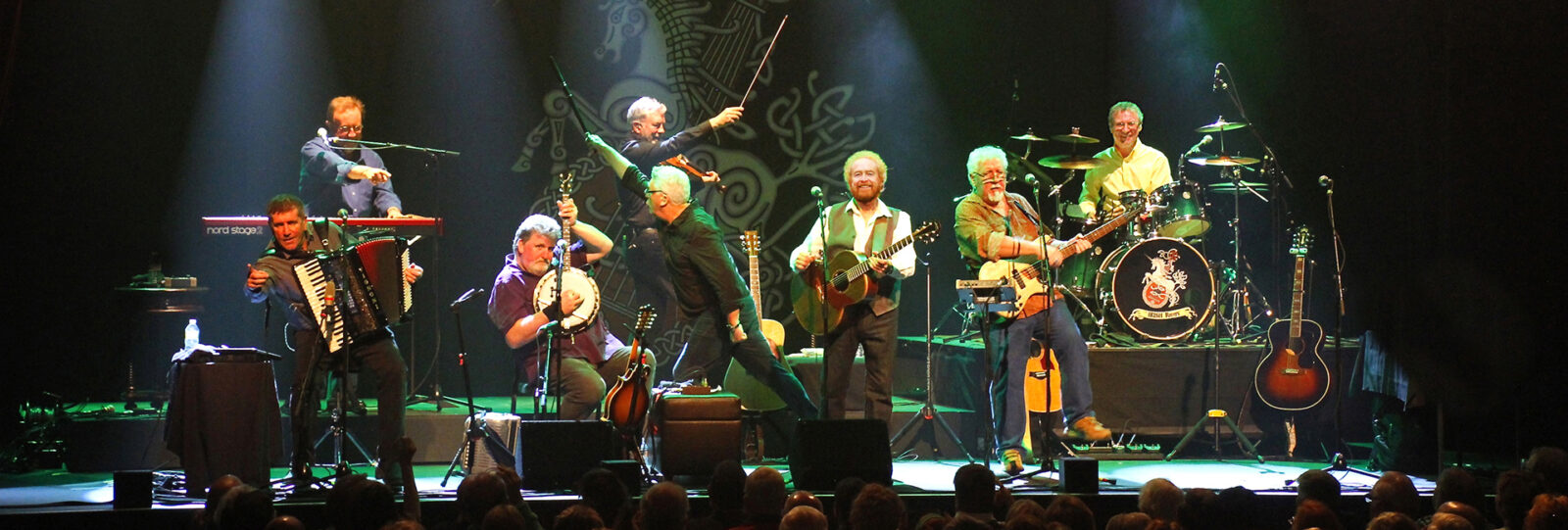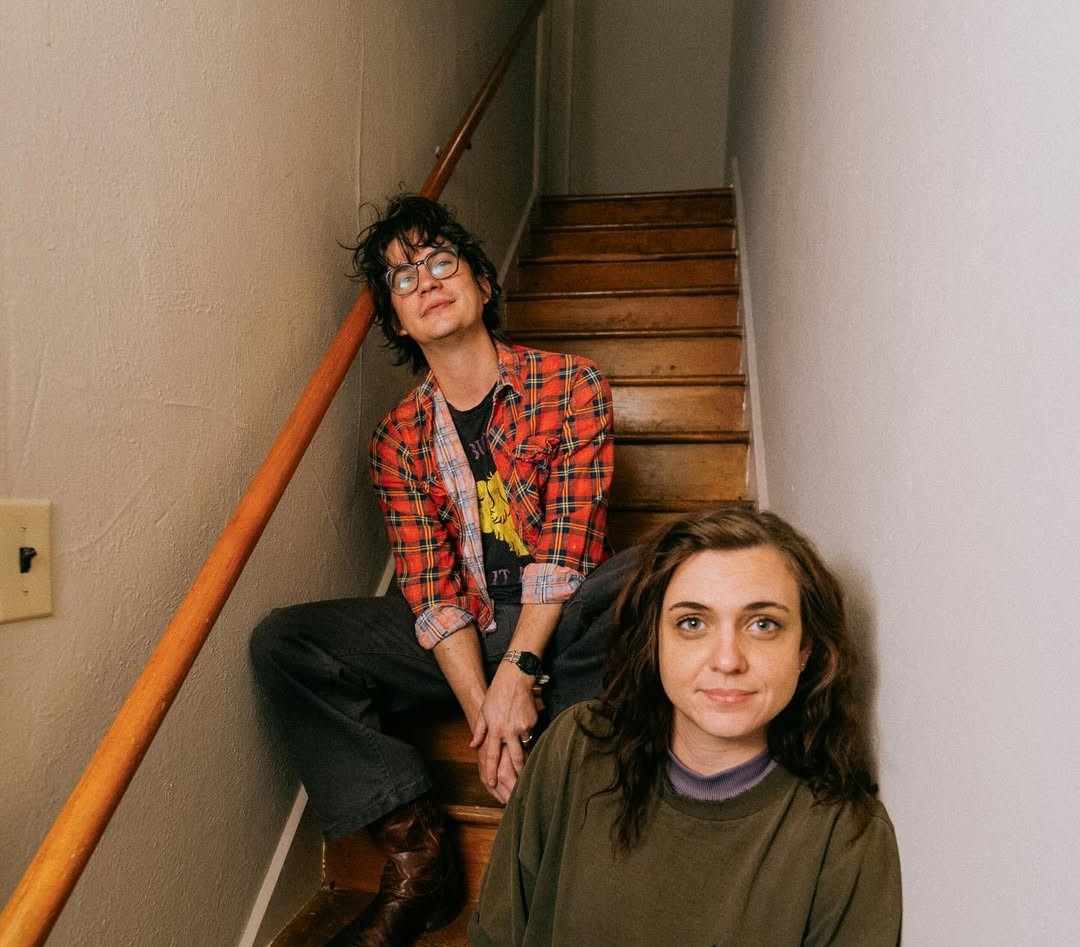The Irish Rovers | Interview | New Album, ‘No End In Sight’
Over 55 years ago The Irish Rovers went from folk clubs of America to concert halls and television sets worldwide.
George Millar co-founded the iconic band in 1964 Toronto, and today leads the band and still writes the tunes that bring joy to audiences worldwide. Their new release seems to have hit a nerve.
Thank you so much for taking your time. How are you coping with the pandemic as an active musician?
George Millar: Like the rest of the world, I’m waiting anxiously for things to get back some resemblance of normality. As a musician, I miss the excitement of playing in front of the audience, and the rapport with the people. The “live” element keeps you on your toes so complacency doesn’t set it.
How was it to work on ‘No End In Sight’? How did you approach songs? Was the process fluid or did you experience trouble before finishing all the tracks?
I’m luckier than many during this pandemic as most of my writing is done at home, so I’m used to being a bit isolated. I dedicate most days to writing songs so my routine hasn’t changed too much. As I mentioned, I’m very lucky to be doing something that I like to do.
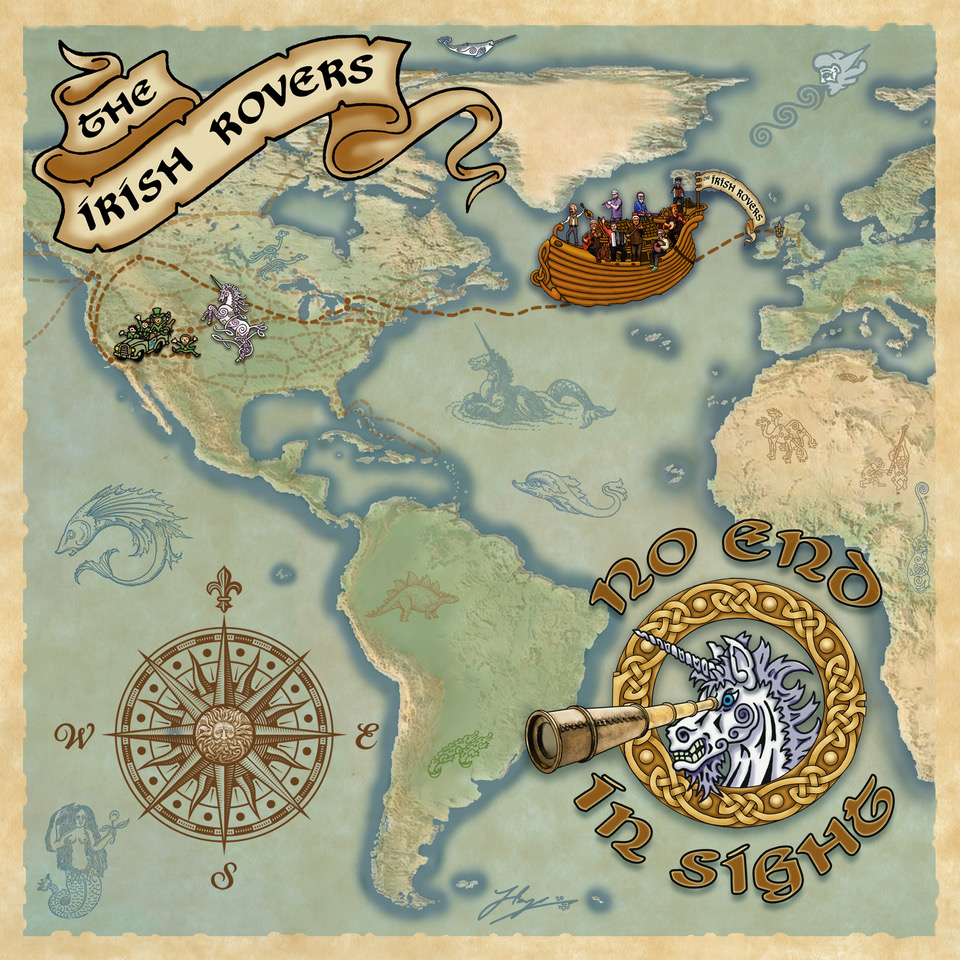
The album sounds fantastic… Can you share some further details on how it was recorded?
For the past 25 years, we’ve started each album in Nanaimo, British Columbia at Rick Salt Studios. Rick has also engineered all the recordings done there. David Walkeron (keyboards), Ian Millar (bass), and myself start the recording process. I play guitar and sing guide vocals and we record the best tracks which are then sent by e-mail to the boy in Ireland, and they play their parts and send them back to us. I’m still not sure how it all works, but I take my hat off to technology. Of course, the preferred way of recording is to be all in the studio together, but alas, the virus overruled that.
Was it difficult to get all the material together?
About three years ago in Maui, Hawaii, my wife Anne came up with the title of the new album, when someone asked if the Rovers were thinking of retirement, and she replied: “There’s no end in sight”. I said to myself, that would make a good song title. That was the start of the project. (No, I’m not giving her any credit on the album – I hope she never sees this). Over the next year, the songs took shape. Some came fairly easy, while others took a wee bit longer. If the lyrics or music aren’t working together too well, I’ll leave it alone for a while and work on something else. When you revisit it, you might decide that it’s really quite “shite” and chuck it in the rubbish where it belongs!
I love what you wrote in the liner notes, “For hundreds of years, the Irish have used humour and music to help them through the bleak times, and so the trend continues.
Some of my earliest recollections involve listening to the music and laughter that rang through our house every weekend. My father played the accordion, and his friends would arrive in with fiddles and banjos and music and singing would go on to the wee hours. These were men who toiled away all week in the Linen Mills of Ireland for little money, and the music was their way of forgetting the past week and living in the moment. Music and laughter was not only their passion, it was their medicine.
You’re originally from the north of Ireland. Did Scottish songs have an influence on you? How would you compare it to Irish music? What are the main differences?
Scottish farmers immigrated to the north of Ireland in the 1600’s, bringing their customs and music with them. Scottish music has quite a happy lict to it, which is certainly evident in our music. One of our earliest influences was the Scottish folk duo Robin Hall & Jimmie MacGregor. Jimmie joined us on a couple of songs on our Scottish album. There’s a saying in Ireland that the Irish gave the bagpipes to the Scottish, and the Scots haven’t seen the joke yet!
How do you usually approach songwriting? Is the process still the same as it was years ago?
Songwriting for me usually follows the same approach. When an idea for a song or a catch phrase comes into your head, you have to immediately put it down. I dedicate a certain amount of time each day to writing, whether anything comes of it or not. You have to keep at it in hopes of something decent emerging. Doesn’t always happen.
“Innovation is what makes music so exciting”
Would you mind sharing a few words about making your debut, ‘The Unicorn’ and what led to a new direction on ‘Emigrate! Emigrate!’?
‘The Unicorn’ was a song we always sang in our shows when we first started playing in the coffee houses and folk clubs in the mid sixties. It always went over well with the audience, and it fit in our Irish songs quite well. When we went to record it, our producer brought in Glen Campbell to play lead guitar, giving it a more modern feel. We’re very happy he did. We carried that more modern feel into the next album ‘Emigrate! Emigrate!’. It was the progression of the music as well as the band. Innovation is what makes music so exciting.
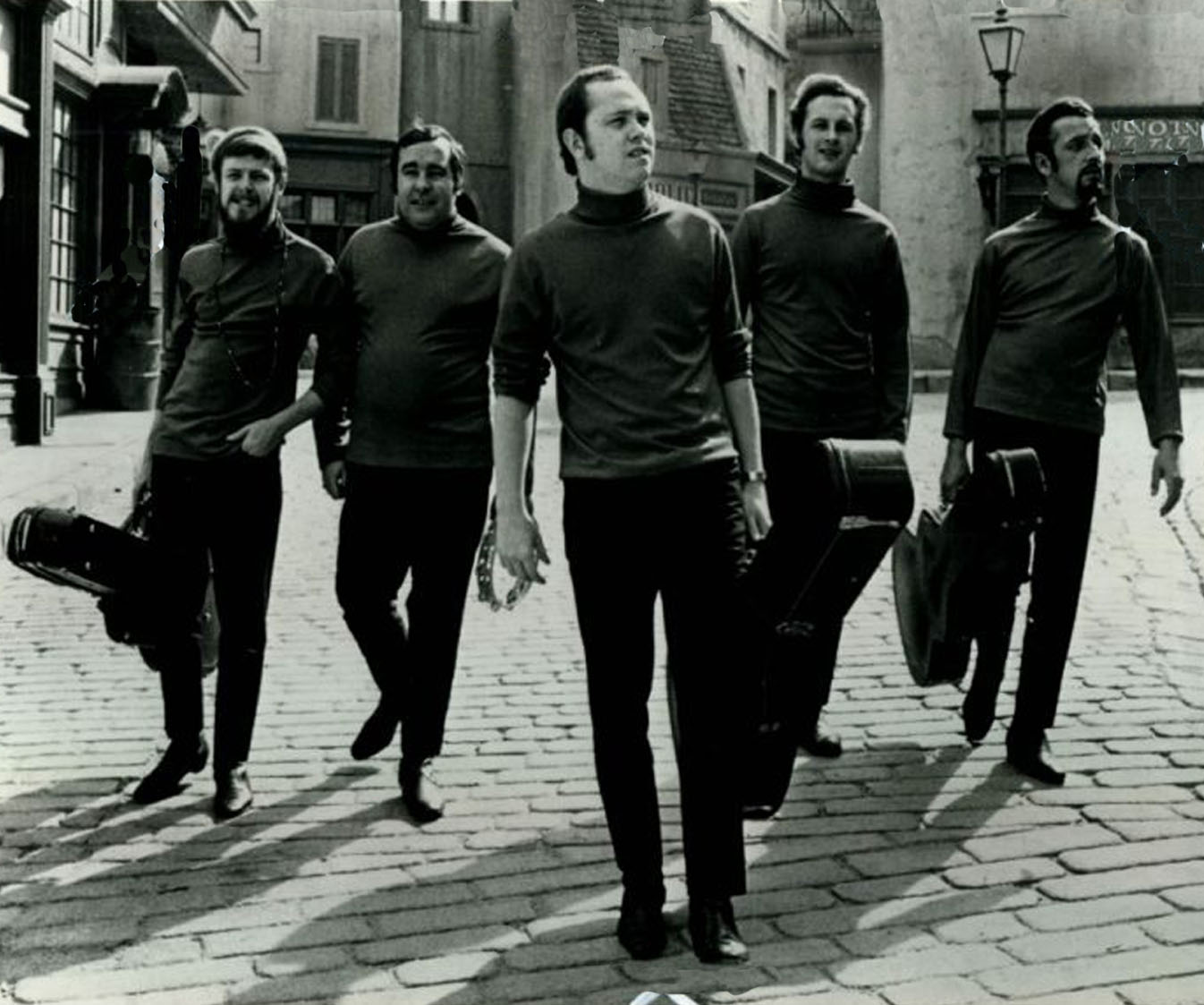
It’s incredible how important music is in Ireland and also storytelling. Do you think the younger generation will be able to continue the heritage?
Songwriting for me usually follows the same approach. When an idea for a song or a catch phrase comes into your head, you have to immediately put it down. I dedicate a certain amount of time each day to writing, whether anything comes of it or not. You have to keep at it in hopes of something decent emerging. Doesn’t always happen.
What are some of the most important players that influenced your own style and what in particular did they employ in their playing that you liked?
Ireland is blessed with some of the best young players in the world. They’ve taken up the fiddle, banjo, tin whistle, uilleann pipes, guitars and piano all used in traditional Irish music. When young people are interested in learning and playing their traditional music, it will flourish.
I’ve always been impressed and inspired by the songwriters of the world. It’s quite an eclectic mix of styles from Paul Brady to Gordon Lightfoot, Buddy Holly and of course Lennon/McCartney. I love them all.
Looking back, what do you recall from those early albums from the sixties?
When we started recording in the late sixties, we had no idea that we’d still be recording in 2022. Technology of course has changed tremendously over the years, but the preparation remains the same. Write or collect the songs, rehearse them, arrange them, rehearse them again, and go into the studio knowing how you want each one to sound.
Your finest moment in music?
We were driving after a show in Colorado to Los Angeles when we heard the ‘Unicorn’ song being played, for the first time. It’s a moment I’ll never forget. as that little song took us from the pubs and clubs, and put us onto the stages of the world.
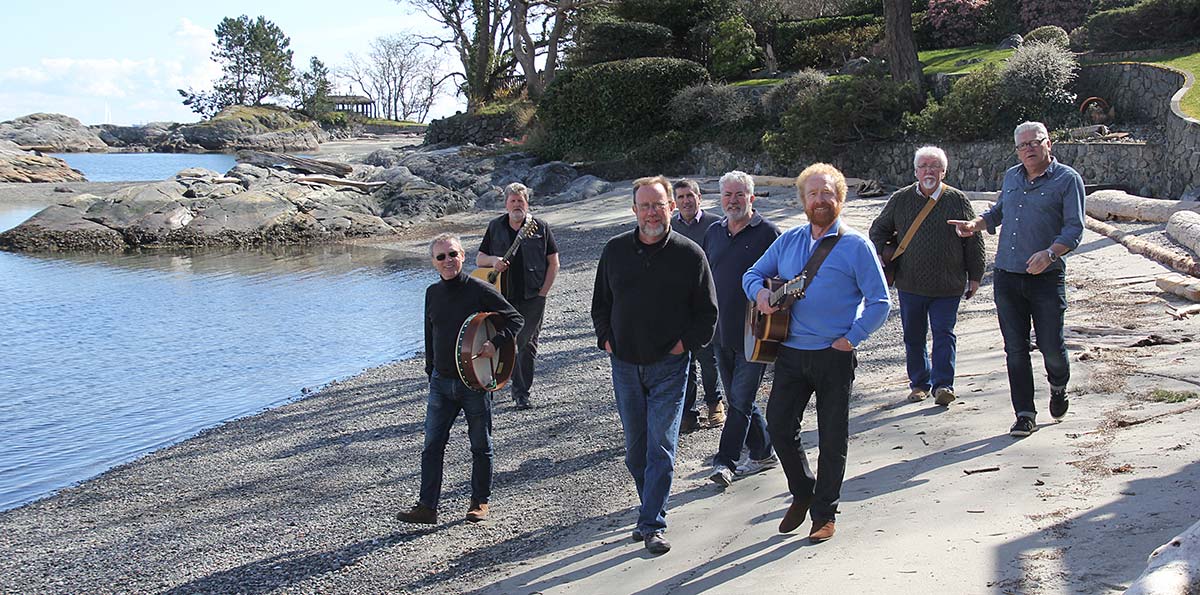
Thank you. Last word is yours.
In this mad world we’re all living in, perhaps music can help us through the hard times. Put on your favourite CD, pour a glass of your preferred beverage and lose yourself for an hour or two. It’s good for your body and soul.
Klemen Breznikar
The Irish Rovers Official Website / Facebook / Instagram / Twitter / YouTube

